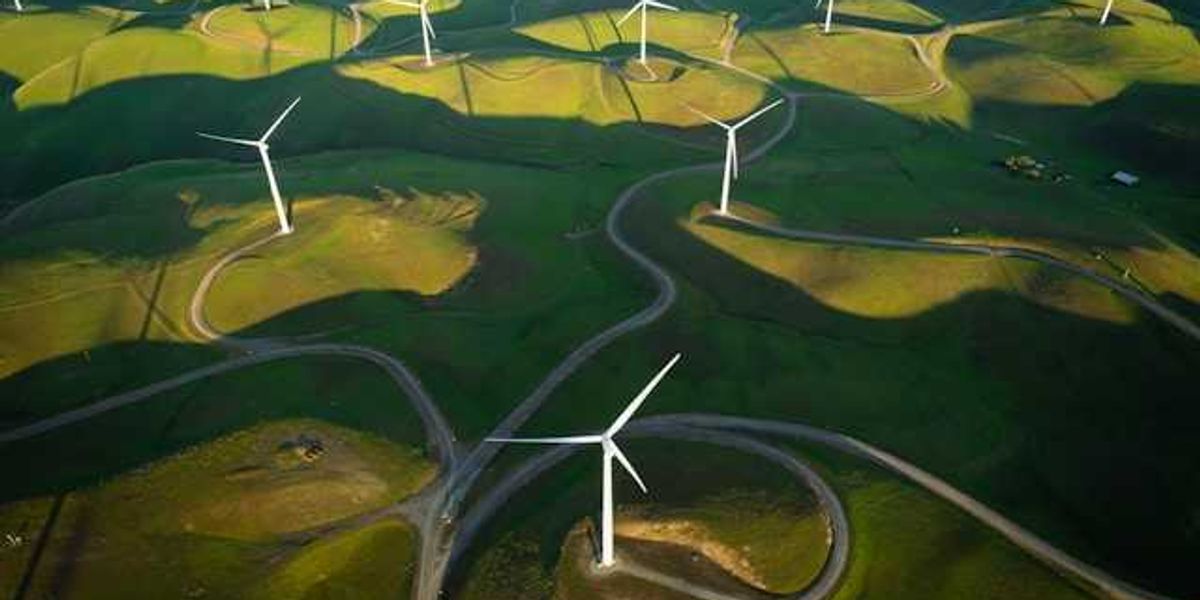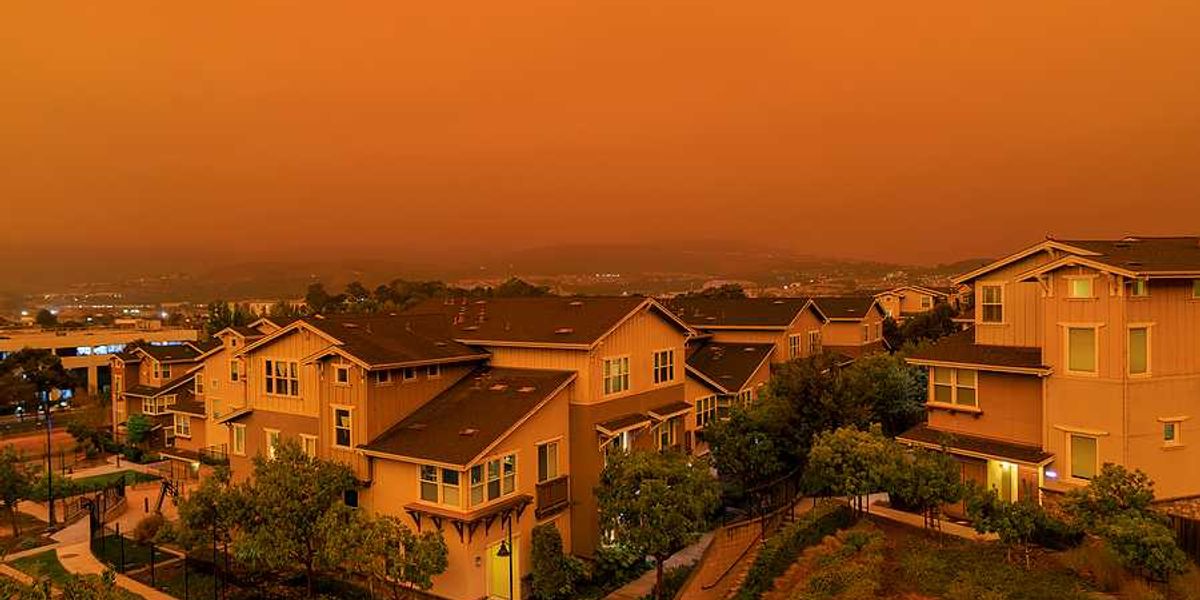Mewbourne Oil Company faces $5.5M fine for New Mexico air pollution
Tyler, Texas-based Mewbourne Oil Company has been fined $5.5 million by federal authorities for violating air pollution regulations at its fossil fuel facilities in the Permian Basin across New Mexico and West Texas, reports Adrian Hedden for the Carlsbad Current-Argus.
In a nutshell:
The U.S. Environmental Protection Agency and the New Mexico Environment Department uncovered air pollution violations in 2019 through inspections and document reviews. Mewbourne is required to invest $4.6 million to enhance over 400 oil and gas tank battery sites to prevent future emissions violations, resulting in an annual reduction of more than 11,000 tons of air pollution. The company failed to secure necessary permits, control emissions, and meet inspection requirements at multiple production sites, prompting corrective actions to minimize VOC emissions and comply with clean air regulations.
Key quote:
“Good air quality is essential to the health of our communities, and we need to ensure that oil and gas facilities are properly designed, maintained and monitored in order to meet national standards,” Assistant Attorney Todd Kim said.
The big picture:
Pollution stemming from the operations of oil and gas companies has been linked to a range of concerning health impacts. The release of pollutants like volatile organic compounds and hazardous particulates into the air can contribute to respiratory issues such as asthma and bronchitis, especially among vulnerable populations like children and the elderly. Prolonged exposure to these pollutants has also been associated with an increased risk of cardiovascular diseases, and in some cases, even certain cancers. Additionally, ground-level ozone formation resulting from pollution can exacerbate lung problems and pose serious threats to overall air quality, necessitating stringent measures to mitigate these health risks.
Read the full article at the Carlsbad Current-Argus.
Fining companies that violate air pollution regulations is a good sign; however, as Brian Bienkowski pointed out in this 2017 article, more than 17 million people in the United States live within a mile of an active oil or natural gas well.













